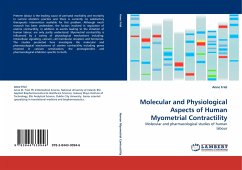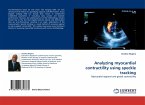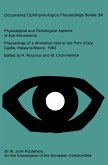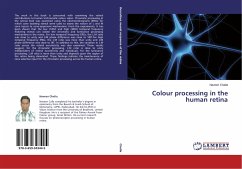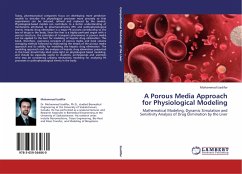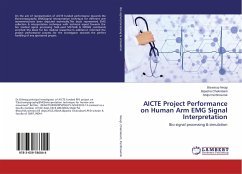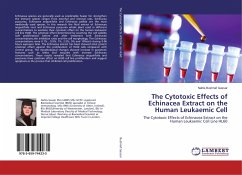Preterm labour is the leading cause of perinatal morbidity and mortality in current obstetric practice and there is currently no satisfactory therapeutic intervention available for this problem. Although much research has been undertaken, the factors involved in regulation of uterine contractility, in addition to events leading to the initiation of human labour, are only partly understood. Myometrial contractility is influenced by a variety of physiological mechanisms including: intracellular signalling, calcium, cell membrane receptors and hormones. The studies presented here investigate the molecular and pharmacological mechanisms of uterine contractility including genes involved in calcium sensitisation, the prostaglandins and pharmacological inhibitors specific to both.
Bitte wählen Sie Ihr Anliegen aus.
Rechnungen
Retourenschein anfordern
Bestellstatus
Storno

